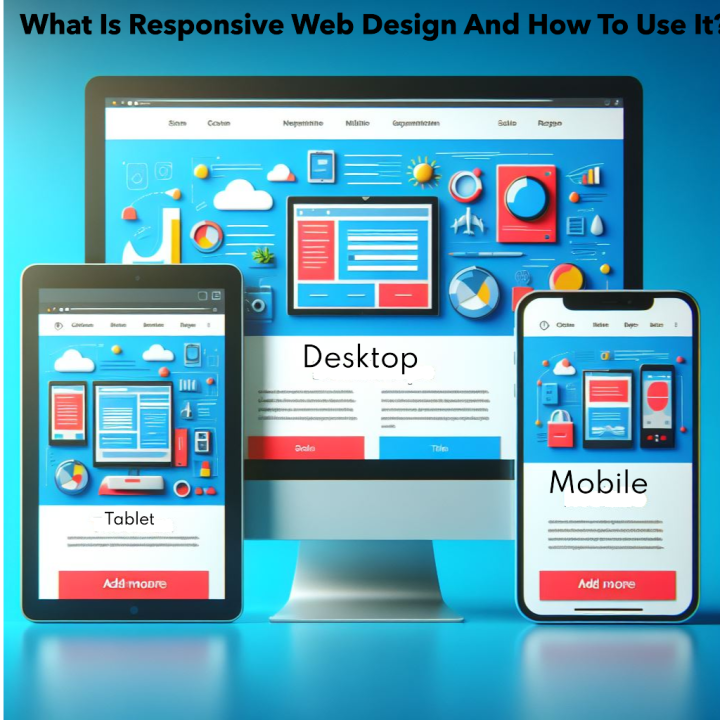Web 3.0
Web 3.0 is the next evolution of the World Wide Web, which is expected to bring significant changes to the way we interact with the internet. While the exact definition of Web 3.0 is still evolving, it generally refers to a more intelligent, decentralized, and interconnected web that utilizes technologies like blockchain, artificial intelligence, and the Internet of Things (IoT) to enable a more open, secure, and user-centric internet.
One of the key features of Web 3.0 is its decentralized nature, which means that information is stored and shared in a more distributed manner, rather than being controlled by a central authority. This is made possible through blockchain technology, which allows for secure, transparent, and tamper-proof transactions and data sharing.
Another important aspect of Web 3.0 is its focus on user privacy and data ownership. With Web 3.0, users will have more control over their data and will be able to share it with third-party applications and services in a more secure and transparent way. This will enable a more personalized and customized online experience, while also protecting users from data breaches and other privacy violations.
Overall, Web 3.0 promises to revolutionize the internet and provide a more open, secure, and user-centric web. It is still in its early stages of development, but it has the potential to transform the way we interact with information and each other online.
USES Of Web 3.0
Web 3.0, also known as the Semantic Web or the Decentralized Web, is the next evolution of the World Wide Web, which aims to create a more intelligent, interconnected, and secure web experience. Here are some of the potential uses of Web 3.0:
1. Decentralized applications (DApps): Web 3.0 allows for the development of decentralized applications that are powered by blockchain technology. DApps can provide secure and transparent services, such as social networks, marketplaces, and gaming platforms.
2. Digital identities: Web 3.0 can enable the creation of self-sovereign identities, which allow individuals to control their own personal data and privacy.
3. Interoperability: Web 3.0 can enable different blockchains and technologies to work together seamlessly, allowing for greater interoperability between decentralized applications and services.
4. Smart contracts: Web 3.0 can enable the development and execution of smart contracts, which are self-executing contracts with the terms of the agreement between buyer and seller being directly written into lines of code.
5. Enhanced security: Web 3.0 can provide enhanced security features, such as encryption and decentralization, making it more difficult for hackers to compromise data and applications.
6. Decentralized finance (DeFi): Web 3.0 can enable the creation of decentralized financial services, such as peer-to-peer lending, insurance, and asset management.
7. Internet of Things (IoT): Web 3.0 can enable the integration of IoT devices, creating a more interconnected and intelligent web experience.
These are just some of the potential uses of Web 3.0, and as the technology continues to develop, we can expect to see many more innovative applications and use cases.
You may also like ChatGPT

